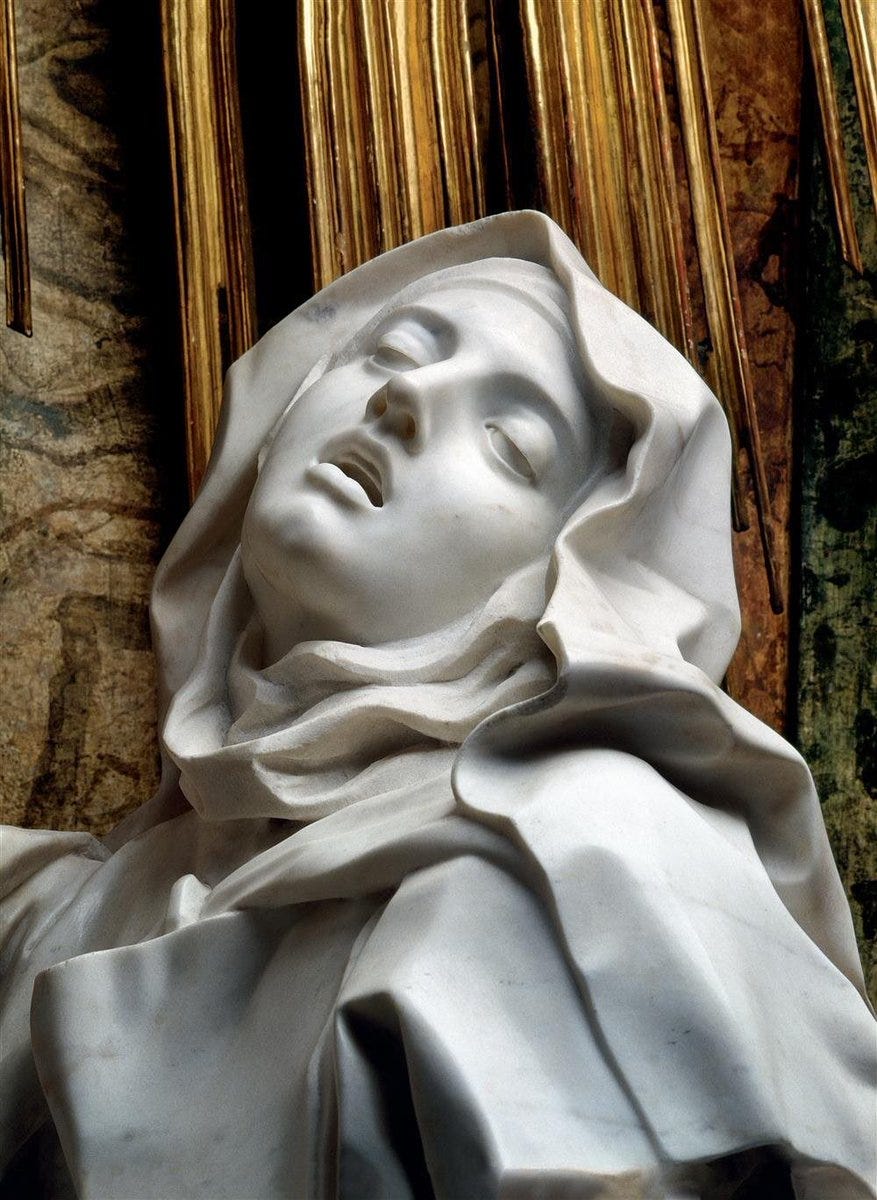In the past couple of weeks we have heard Jesus’ teaching in the synagogue at Capernaum. The synagogue is packed because word is spreading about his miraculous multiplication of the loaves and the fishes.
Perhaps they all showed up hoping that he would tell them the secret of how to multiply food. But he tells them, instead, not to work for food that perishes but for the food that endures for eternal life, which the Son of Man will give you.”
And then he scandalizes them, for he tells them that he is the “true bread” which comes from the heaven “and gives life to the world.” That he is “the bread of life,” and that “whoever comes to [him] will never hunger, and whoever believes in [him] will never thirst.”
Now a magician who could tell them how to get more food is one thing, but this guy is telling me that he is the bread we should eat, and he goes further. “The bread that I will give is my flesh for the life of the world.” “Whoever eats my flesh and drinks my blood remains in me and I in him.”
In today’s Gospel we hear their reaction. They ran away. They abandoned him and “returned to their former way of life,” complaining that “this saying is hard; who can accept it?”
Down through the centuries, men and women have often grappled with this hard saying, and like the disciples in this morning’s Gospel, many of them ran away.
Just a few decades after the books of the New Testament were written down, Saint Ignatius of Antioch lamented that the Gnostics “do not admit that the Eucharist is the flesh of our Savior Jesus Christ, the flesh which suffered for our sins and which the Father, in his graciousness, raised from the dead.”
And even today, our brothers and sisters in the Congregational Church believe that Christ is only “spiritually present, while the Methodists call it a “Holy Mystery, spiritually received,” but with no change to the bread and wine, while Episcopaleans hold varying beliefs, but generally see Holy Communion as a sign or a symbol, but not the real presence of Christ’s body under the form of bread and wine.
But we profess what the Church has taught from her first days, that when Jesus said “This is my Body,” he meant it, and that in the consecrated host we receive the whole Christ, “Body and Blood, soul and divinity.” We believe that he is really there, on the altar, in Holy Communion with us and that he continues to be present in the reserved sacrament in that tabernacle, for our adoration.
And how blessed are we to be called to this Supper of the Lord.




